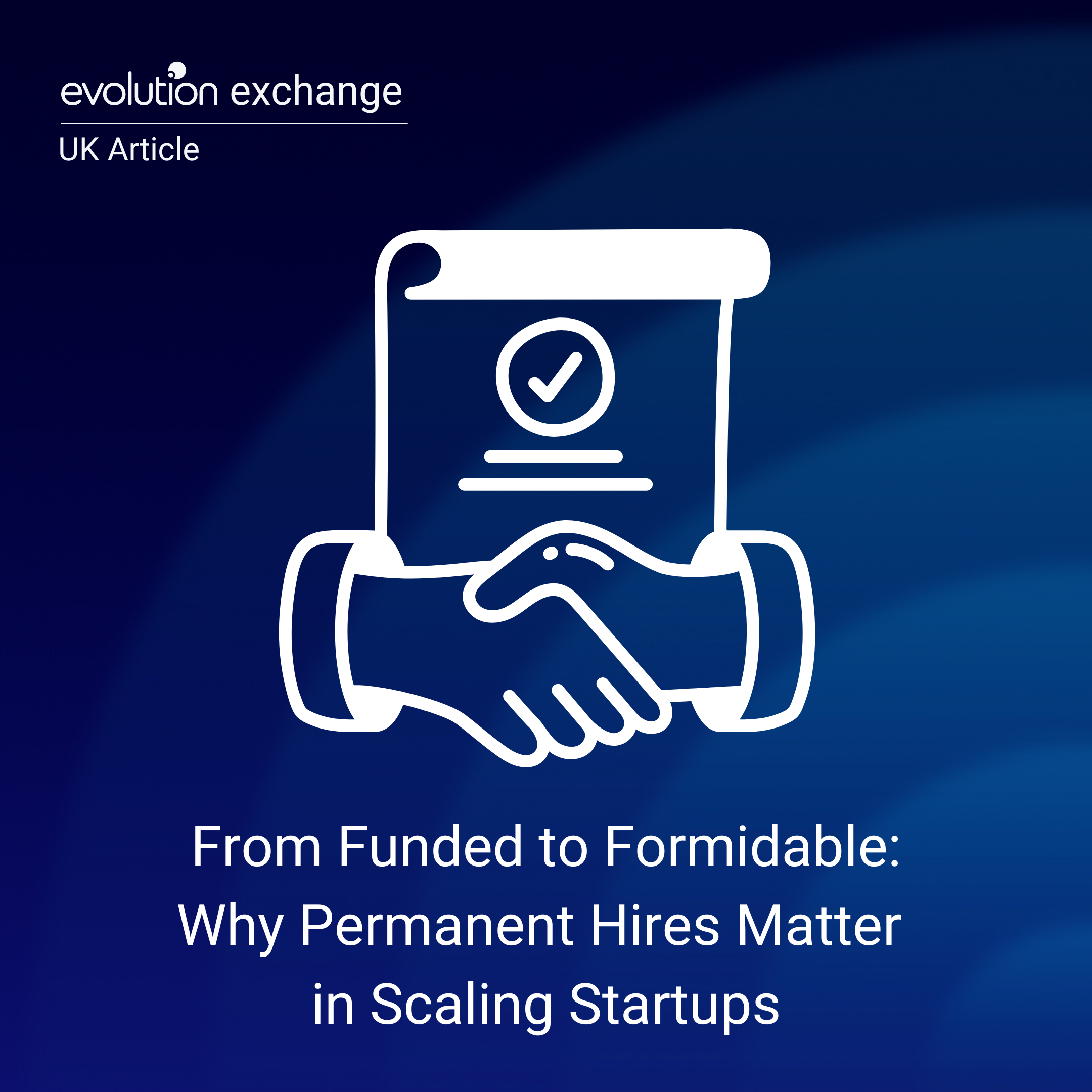In the fast-evolving landscape of software engineering, Singapore continues to be a hub of innovation and growth, reflecting global trends while also setting its own pace. As we look in to 2024, several key developments have shaped the industry, influencing hiring trends, in-demand skills, and the overall ecosystem of software development in Singapore.
Despite concerns over job displacement due to automation and AI, these technologies are significantly expanding job opportunities. As industries grow more reliant on software solutions, the demand for skilled developers to design, maintain, and innovate these systems has increased. The year 2024 has witnessed a notable 17% increase in demand for software engineers across all sectors globally, signaling a promising future for the software industry.
Hiring Trends
While legacy languages like Ruby on Rails (RoR), PHP, and VB are still in demand, especially for maintaining existing systems, the rise of cloud computing and big data necessitates a focus on scalability. Scalability refers to a system’s ability to handle increasing demands without sacrificing performance.
Especially in today’s data-driven world, applications need to handle growing amounts of users, data, and tasks. Scalability ensures these systems can smoothly adapt and maintain performance as demands increase, preventing crashes and keeping users happy.
As such, languages like Golang, Java, JavaScript, and .NET Core are some of the most in demand programming languages in 2024.
1. Golang: Golang is known for its speed, concurrency features, and ease of building large-scale applications. Its built-in garbage collection and focus on simplicity make it ideal for microservices architectures, a popular approach for scalable systems.
2. Java: Java excels in enterprise applications due to its robust security features and mature ecosystem of libraries and frameworks. Its ability to handle large datasets and complex logic makes it perfect for scalable backend development.
3. JavaScript: JavaScript, especially Node.js allows developers to use JavaScript for server-side scripting, making it a powerful tool for building real-time applications and APIs that can scale efficiently.
4. .NET Core: Its modular architecture allows developers to build applications that can run on various operating systems, including Windows, macOS, and Linux. This flexibility makes .NET Core an excellent choice for developing large-scale, high-performance applications and microservices.
Future Outlook
While languages like Golang, Java, JavaScript, and .NET Core remain strong foundations for building scalable applications, the latter part of 2024 is expected to witness a surge in demand for software engineers in specific industries, especially within Fintech, Payment, and Blockchain industries.
These industries are revolutionizing the financial world. Singapore, with its government actively fostering innovation in these areas, is becoming a global hub for these technologies. This translates to a plethora of exciting career opportunities for software engineers with the right skillset.
Given these advantages, aspiring software engineers should strongly consider developing skills related to these industries.
1. Fintech: Expertise in API integration (REST, GraphQL), robust security practices (data encryption, secure authentication) to safeguard sensitive financial data, and knowledge of relevant regulations (KYC, AML) become crucial. Additionally, familiarity with cloud platforms (AWS, Azure, Google Cloud) and data analytics tools for extracting valuable insights are highly sought-after.
2. Payments: Knowledge of fraud detection techniques, risk management strategies, secure payment gateways, and international payment regulations (SWIFT, PCI DSS) becomes invaluable.
3. Blockchain: A solid grasp of blockchain architecture, consensus mechanisms (PoW, PoS), and smart contracts is fundamental for building decentralized applications (dApps). Familiarity with cryptography (hashing, digital signatures) is essential.
By mastering skills specific to Fintech, Payment, and Blockchain, you’ll be acquiring the most sought-after skillset in the financial services industry. This future-proofs your expertise, ensuring your value and relevance in a rapidly changing landscape.
Moreover, organizations in 2024 are increasingly prioritizing developers with extensive cloud computing expertise across platforms like AWS, Azure, GCP etc. alongside proficiency in CI/CD pipelines and DevOps methodologies. Additionally, skills in tools such as Jenkins for continuous integration, Kubernetes for container orchestration, and Docker for containerization are crucial for building, deploying, and maintaining scalable, reliable systems. Emphasizing these capabilities not only enhances your ability to meet current industry demands but also significantly boosts your employability in a competitive job market.
Conclusion
The latter part of 2024 presents a golden opportunity for software engineers in Singapore. While foundational languages are valuable, honing your expertise in Fintech, Payment, and Blockchain can propel your career to new heights. With a future brimming with exciting possibilities and opportunities, this might be the perfect time to sharpen your skills and become a leader in the financial technology revolution.






























